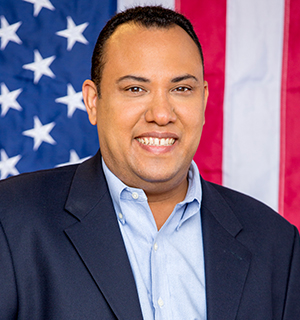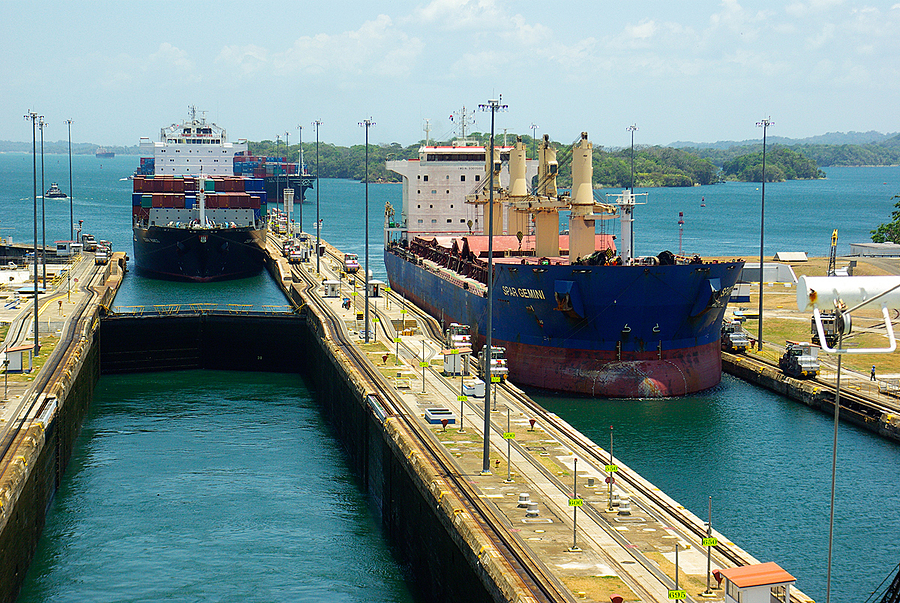With Donald Trump’s return to the White House, Panama is recalibrating its foreign policy to align with a shifting Washington. The confirmation of Kevin Cabrera as U.S. ambassador signals Panama’s intent to deepen ties with the United States and navigate the challenges of great-power rivalry — particularly over the Panama Canal.
Cabrera, a Miami-Dade County, Fla., commissioner and Trump loyalist, brings political acumen and a mandate: advance U.S. interests while strengthening bilateral relations. His guiding principle, articulated during his confirmation hearing, is straightforward: Does a policy make America safer, stronger and more prosperous? For Panama, the question is equally pressing — can it leverage this alignment to secure its own economic and security interests?
The Panama Canal is at the heart of this realignment. More than a global trade artery, it is a geopolitical flashpoint. President José Raúl Mulino appears to recognize the stakes. His administration’s recent criminal complaint against executives of CK Hutchison, the Hong Kong-based operator of key canal ports, is a bold move to curb Chinese influence. The timing — hours before Defense Secretary Pete Hegseth’s visit to discuss regional strategy — suggests coordination, not coincidence.
China’s footprint in Panama has long raised concerns. From surveillance systems in Colón to data-storage contracts, Beijing’s investments have sparked unease in Washington.
Cabrera has echoed Trump’s view that Chinese influence threatens U.S. security, particularly near a chokepoint through which 6 percent of global maritime trade flows. Panama’s crackdown on migrant routes through the Darién Gap further signals its willingness to align with U.S. priorities.
This pivot carries risks. Mulino faces domestic challenges, including economic stagnation and public discontent. Cozying up to a polarizing U.S. administration could inflame critics, especially if Trump’s rhetoric about reasserting American influence over the canal resurfaces. Cabrera’s vague assertion that “all options are on the table” may unnerve Panamanians protective of their sovereignty.
Yet, the rewards could be substantial. Closer U.S. ties promise enhanced security cooperation, infrastructure investment and diplomatic support in a volatile region. Panama’s economy, heavily reliant on canal revenues, stands to benefit from a renewed U.S. focus on securing trade routes. Audits of past Chinese-linked deals and greater transparency could also restore investor confidence, critical for a nation grappling with fiscal strain.
Cabrera’s role will be pivotal. His experience in Latin American politics equips him to bridge Washington’s expectations with Panama’s realities. Success will hinge on his ability to foster trust while advancing a U.S. agenda that prioritizes strategic competition over ideological crusades.
Panama is no bystander in this era. By choosing closer alignment with the United States, it is betting that pragmatism will outweigh the uncertainties of Trump’s foreign policy. The canal, a symbol of national pride, is now a chessboard in a global game. Whether Mulino’s gamble pays off depends on his government’s ability to balance sovereignty with strategy — and on Cabrera’s skill in turning rhetoric into results.


